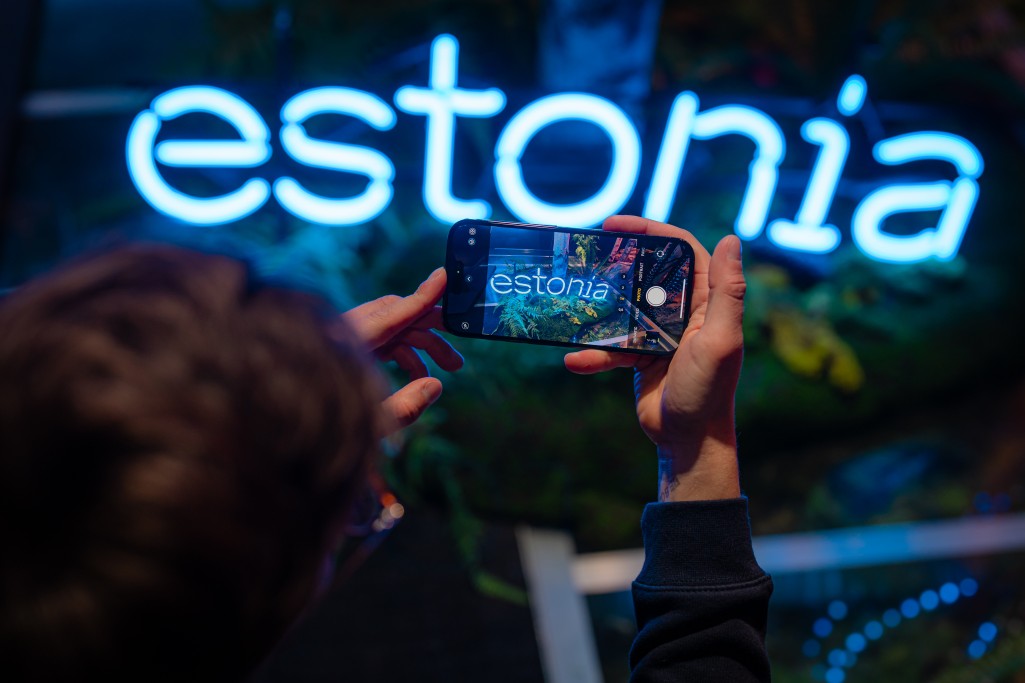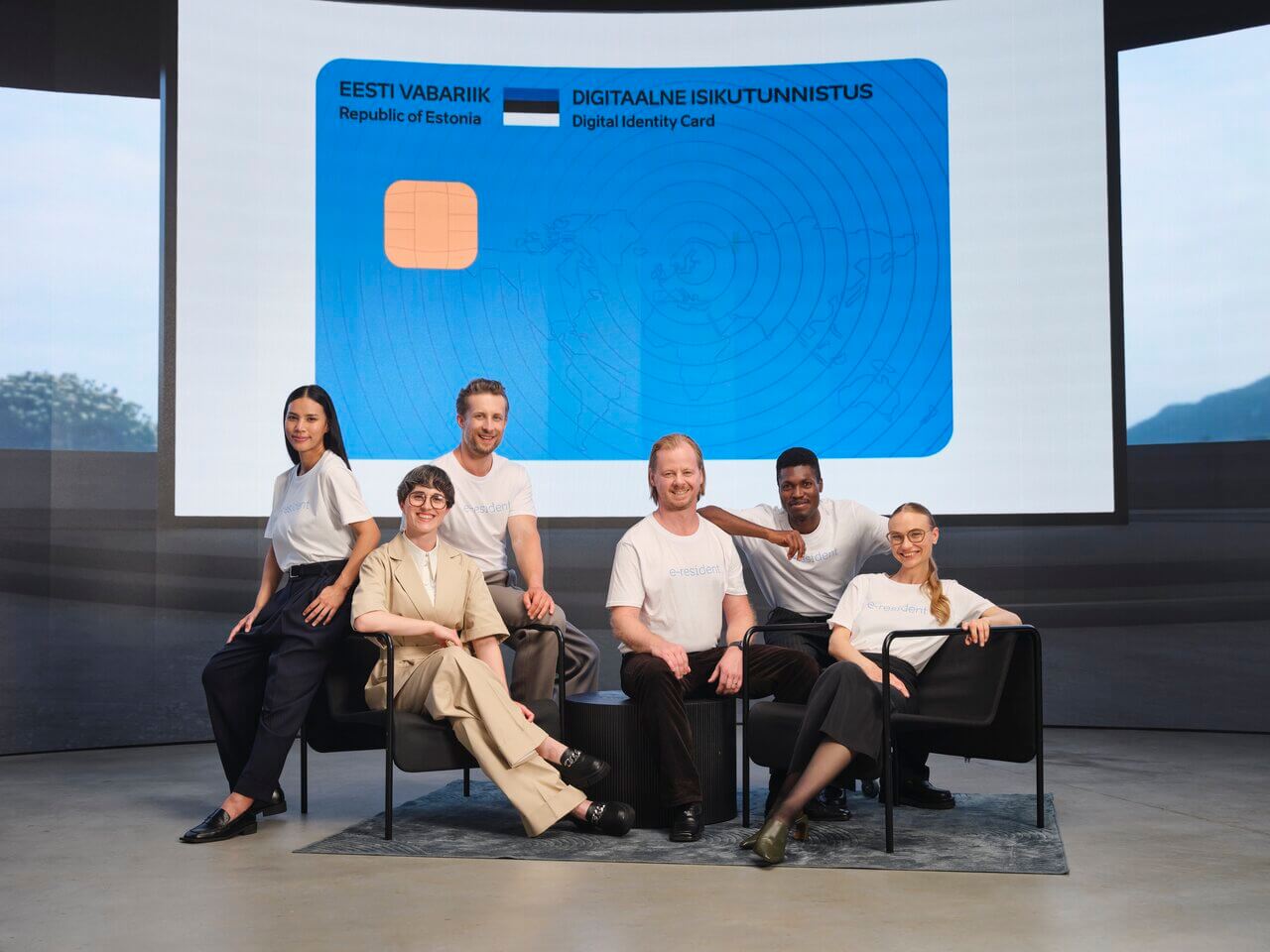negotiating global business cultures: from estonia to the world
Learn about Estonian business culture and the blend of innovation, efficiency, and directness that appeals to many international entrepreneurs

How business cultures vary across the world
Communication styles: High-context vs. low-context
Hierarchy and decision-making
Individualism vs Collectivism
Timing is everything - or is it?
In business, time is of the essence. At least in some countries! In others, time is more of a guide rather than a rule...
To thrive in international business, consider the following ideas:
More from e-Residency
- Sign up for our newsletter
- Watch fresh video content - subscribe to our Youtube channel
- Meet our team and e-residents - register for our next Live Q&A


